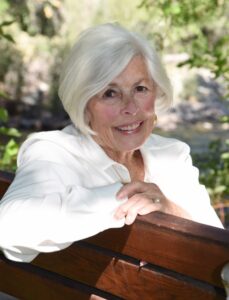By JoEllen Collins

Last week I received a forwarded email from a former classmate at the high school we both attended decades ago, John Burroughs, in Burbank, California, with the subject: Burbank School District in the news busy with change.
Among the changes detailed in the email, the school board has forbidden reference in its curriculum to the following books: To Kill a Mockingbird, Of Mice and Men and The Adventures of Huckleberry Finn.
I was not allowed to assign Huckleberry Finn when I taught English at Beverly Hills High in the late seventies. Now, I was set to teach an adult seminar this past spring on the “darker side” of Mark Twain, but it has been postponed until the library can offer these kinds of gatherings again.
The main reason some readers choose not to read or teach this renowned classic of American literature is the abundant use of the “n” word, certainly offensive to almost any reader in our world today. I can well imagine the chagrin and pain caused by that language, especially in the first few pages of the book, but it reflects Twain’s desire to portray the people of his time exactly as they talked, to use authentic dialect. He also included the ungrammatical usage of the uneducated of any race, and the hypocritical pronouncements from the poor or rich, arrogant and holier-than-thou citizens along the Mississippi in 1800’s America. A central character of the book, Jim, a slave, shows Huck a better way to treat others.
Although there have been numerous debates among scholars about the racist terms his characters employ, anyone who reads this book will see the satire and also the humanity of the author, who wrote of a period fraught with racial bias and fear.
Also, over many years, To Kill a Mockingbird was one of the favorite books for most of my students. As far as encouraging students to read books that stimulate thinking about all issues, this one is a beloved classic.
Now this censorship is especially relevant in the great current debate about whether we should edit and change history (including books written in the past) or study all of the aspects of a true history, including arts and literature, facts, personal events and experiences of the time. I know that my generation’s education was one that stressed patriotism (not a bad thing) but also avoided the mention and study of the sad and divisive parts of our culture, both past and present.
This swirl around censorship has been obvious for years and it is a tough line to draw. I really don’t know how I feel about issues other than literary censorship, and I realize that many of our cultural images reveal complex layers of attitude toward the subjects. We have never lived in an easy time, but altering the past without examining thoroughly what occurred or pretending that things weren’t more complex than our history books often stated is not the answer.

